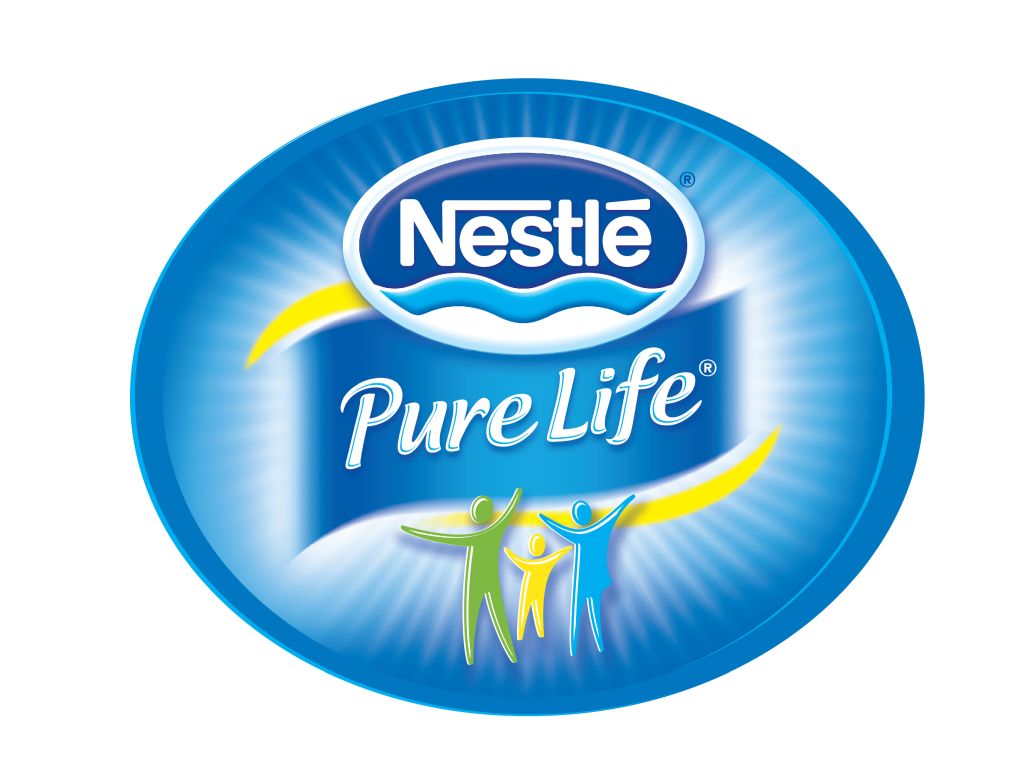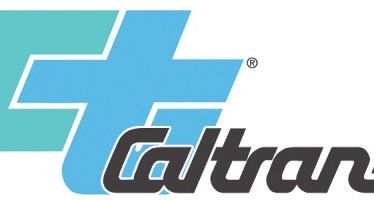Feds probe Nestle’s CA operations
 Nestle, which has spent months weathering attacks on its water bottling practices in California, has been targeted by the federal government for investigation.
Nestle, which has spent months weathering attacks on its water bottling practices in California, has been targeted by the federal government for investigation.
“Under pressure from environmental groups’ lawsuits, the U.S. Forest Service has begun a comprehensive environmental review of Switzerland-based bottled water giant Nestle’s Corp. continuing operations in a San Bernardino Mountain canyon,” the San Bernardino Sun reported. “Since its permit expired, in 1988, Nestle has been drawing what now amounts to millions of gallons of water from the rugged Strawberry Canyon in the San Bernardino Mountains, north of San Bernardino. Under Forest Service regulations, expired special use permits, like what Nestle has, remain in effect until they are either renewed or denied.”
According to the lawsuit filed against Nestle, that policy led to an explicit green light for its unique consumption arrangement. “The Forest Service has allowed pipeline operators to continue transporting water about four miles, from a series of bore holes and tunnels to a storage tank near California 18, without more stringent review required after the original permit was issued in 1976,” the Los Angeles Times observed at the time of the suit’s filing.
Sharp demands
That arrangement incurred the wrath of environmentalists. Even though Nestle’s renewal application is pending — meaning it’s legal for the company to continue its operations — its impact on the state’s ecology amid the current drought became the focus of a sweeping lawsuit, pressing the federal government to take action. “The Forest Service was sued in October by environmental and public interest groups who allege the Swiss-based company is operating its Strawberry Canyon pipeline on a permit that expired in 1988,” the Associated Press noted. “The groups, led by the Center for Biological Diversity, said the prolonged drought in California combined with the water operation is affecting wildlife.” According to the wire, the CBD and other groups “believe species, including Least Bell’s Vireo and California spotted owls, could see their numbers increased with improved water supply, the lawsuit said.”
The CBD counts The Story of Stuff Project and the Courage Campaign Institute among its fellow plaintiffs. Warning that Nestle has siphoned off “between 50m-150m gallons of water each year from a creek in the southern Californian forest to use in its Arrowhead bottled water brand,” the Guardian reported, those groups asked the Forest Service “to immediately turn off the water spigot and conduct a permit review, assessing the environmental impact of Nestlé’s operations.” Courage Campaign environmental director Eddie Kurtz called Nestle’s consumption of “public water” both illegal and immoral, according to the Guardian.
Managing protests
For its part, the Forest Service has sought to placate activist groups while initiating the review process. When pressed by CREDO, a self-styled progressive activist organization, the Forest Service responded that it had cautioned Nestle about the prospect of future restrictions on its water consumption. According to CREDO, the Forest Service indicated that, “should the drought continue, as we all expect it will, the state or local authorities may make further demands for conservation measures from all water users.”
Nestle had the local California media to blame for the initial scrutiny surrounding its arrangement with the Forest Service. “The legal action comes on the heels of an investigation this year by the Desert Sun,” as the Los Angeles Times noted. “Jody Noiron, supervisor for the San Bernardino National Forest, told the paper afterward that re-issuance of the permit would become a priority for the agency.”
After the Sun’s coverage, the story quickly gained steam across the state and the country. Protesters gathered to challenge Nestle face to face, while a nationwide movement to push bottling operations out of California succeeded in causing Starbucks to relocate its sourcing. “But others have continued to bottle water despite the drought. Wal-Mart, for example, still bottles water in California, as do companies at more than 100 other plants that are still licensed to bottle water in the state,” Business Insider noted at the time.
Related Articles
Stem Cell Boondoggle Seeks New Boss
JUNE 20, 2011 By K. LLOYD BILLINGSLEY The California Institute for Regenerative Medicine (CIRM), the state stem-cell agency, is looking
CA Senate votes to hike smoking age
Adding another bill to its reputation as a trend-setting Legislature, Sacramento has taken a big step toward raising the statewide
24 years of Caltrans well-drilling ignored laws; risked groundwater contamination
Sacramento County is threatening to fine Caltrans millions in taxpayer dollars for drilling hundreds of wells over a period of decades




